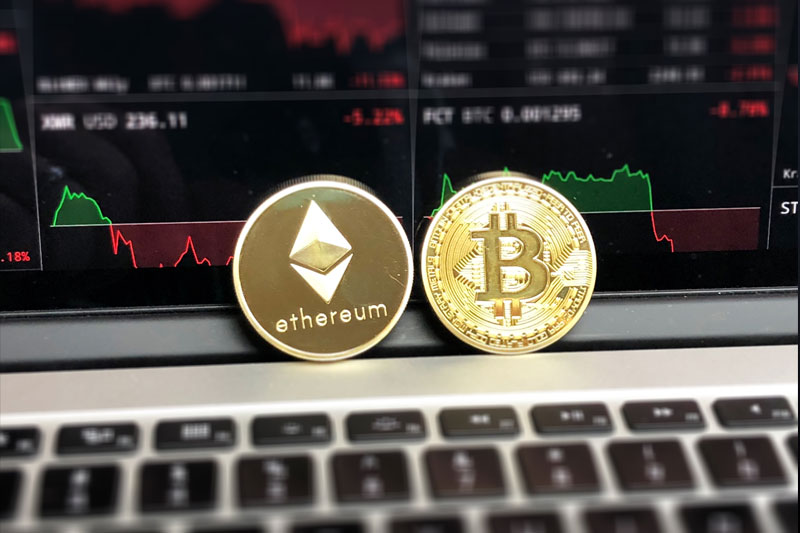Tyson Foods to close major Nebraska beef plant amid cattle shortage - WSJ
The quarterly expiration of Bitcoin (BTC) and Ethereum (ETH) options contracts, valued at billions of dollars, is set to trigger bullish price volatility this Friday at 08:00 UTC on crypto derivatives exchange Deribit.
This event marks one of Deribit's largest expiries, with $15.2 billion worth of contracts set to be settled, according to CoinDesk.
Bitcoin options, which represent 62% of the total notional open interest due for settlement, account for $9.5 billion, while Ether options make up the remaining portion.
The impending expiry will reduce the total notional open interest across all maturities by 40% and 43% for Bitcoin and Ether, respectively. This reduction in open interest is noteworthy as it reflects the dollar value of all active contracts at a given time on Deribit, where a single option contract equals one BTC or one ETH.
According to Deribit's chief commercial officer, the bulk of these options are expected to expire in the money (ITM), which effectively triggers upward pressure or volatility in the market. An ITM call option allows the investor to buy BTC or ETH at a strike price lower than the current market rate, resulting in a profit.
With Bitcoin's market rate around $70,000, roughly $3.9 billion worth of Bitcoin options are on track to expire ITM, constituting 41% of the total quarterly open interest.
Similarly, 15% of ETH's total quarterly open interest, valued at $5.7 billion, is set to expire at ITM. These high levels of ITM expiries, which are unusual compared to previous cycles, may lead to increased market volatility, especially given the recent price rallies in both Bitcoin and Ethereum.
The concept of "max pain" points to the strike price at which the highest number of options (both call and put) would expire worthless, causing maximum financial loss to option buyers. For this quarter's expiry, the max pain points are set at $50,000 for BTC and $2,600 for ETH. Historically, prices have tended to move toward these max pain points before rallying after the expiry, suggesting a pattern that might repeat.
Dealer hedging activities are also expected to contribute to market volatility. David Brickell, head of international distribution at FRNT Financial, highlighted the dealers' gamma positioning. With dealers short around $50 million of gamma, primarily concentrated at the $70,000 strike for Bitcoin, the forced hedging around this level could lead to "whippy, choppy moves" as the expiry approaches.
Gamma refers to the rate of change in an option's delta, which measures the sensitivity of an option's price to changes in the underlying asset's price. Market makers, who typically maintain a neutral exposure while providing liquidity, could amplify price movements through their hedging activities.
